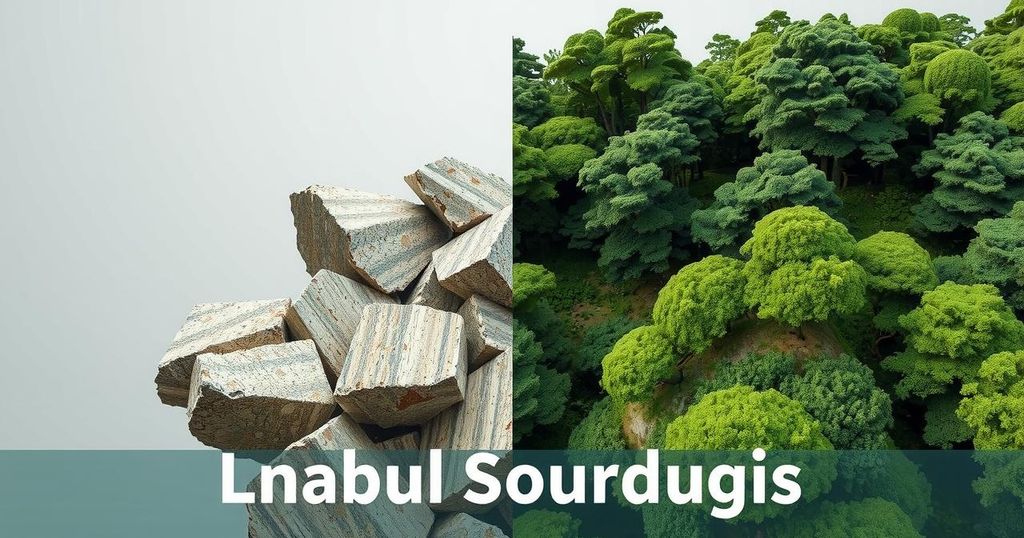Apple faces criminal complaints from the Democratic Republic of Congo over allegations of using conflict minerals within its supply chain. This includes minerals that contribute to human rights abuses and armed conflict funding. Legal actions have been initiated in Belgium and France, where respective authorities are investigating the matter following the provision of evidence from Congolese legal representatives.
Apple is facing legal accusations from the Democratic Republic of Congo (DRC) regarding the illegal use of conflict minerals, often referred to as “blood minerals.” These are minerals extracted from sources that exploit child labor and use profits to fund armed conflicts. The complaints have been lodged in Belgium and France, where there exists a robust judicial framework for addressing corporate accountability issues. Recent updates indicate that Belgium has commenced an investigation into these claims.
The primary minerals linked to human rights violations include tin, tantalum, tungsten, and gold, collectively known as 3TG. While Apple does not directly purchase these minerals, they are procured by suppliers further down the supply chain who manufacture components for Apple products. The company conducts audits to verify the integrity of its supply chain, having previously excluded non-compliant smelters and refiners from their sourcing network.
Earlier this year, legal representatives for the DRC provided Apple with evidence suggesting that its supply chain may still involve conflict minerals. The DRC’s lawyers reached out to Apple CEO Tim Cook on April 22, relaying urgent concerns and demanding clarification within three weeks. An investigation by Amsterdam & Partners LLP has revealed that minerals sourced from Congo may have been illicitly smuggled through neighboring countries, including Rwanda, Uganda, and Burundi.
Reports indicate that the DRC has formally filed criminal complaints against Apple in both Belgium and France. The legal representatives argue that Apple has benefitted from minerals that have been unlawfully extracted from Congo, implicating the company in the region’s ongoing human rights abuses. Alongside these complaints, specific local subsidiaries—including Apple France and Apple Retail Belgium—are accused of various offenses, including complicity in war crimes and misleading consumers about the cleanliness of their supply chains.
Recently, Belgian prosecutors have initiated an investigation into the allegations, appointing an investigative judge to oversee the proceedings. This judge is responsible for handling critical investigative actions such as issuing arrest warrants and conducting raids. According to Christophe Marchand, the lawyer preparing the case in Belgium, this development demonstrates that the prosecutor is diligently pursuing the case’s merits. Meanwhile, the investigation process in France is reportedly progressing at a slower pace.
The issue of conflict minerals, specifically those sourced from the DRC, is complex and deeply tied to the region’s sociopolitical history. Minerals such as tin, tantalum, tungsten, and gold are essential for many electronic products, including smartphones. The extraction and trade of these minerals often fund violence and human rights abuses. Companies like Apple, although not direct purchasers, are required to ensure that their supply chains do not involve such unethical practices. The international and legal framework surrounding corporate responsibility is pivotal in addressing these concerns, which is why Belgium and France have been chosen for these legal actions.
In summary, Apple is confronting serious allegations from the DRC concerning the illicit use of conflict minerals within its supply chain. The DRC’s legal representatives have pointed to systematic issues in sourcing, prompting criminal complaints in Belgium and France. As investigations unfold, the implications may significantly impact Apple’s reputation and operations, highlighting the critical need for ethical practices within global supply chains.
Original Source: 9to5mac.com






